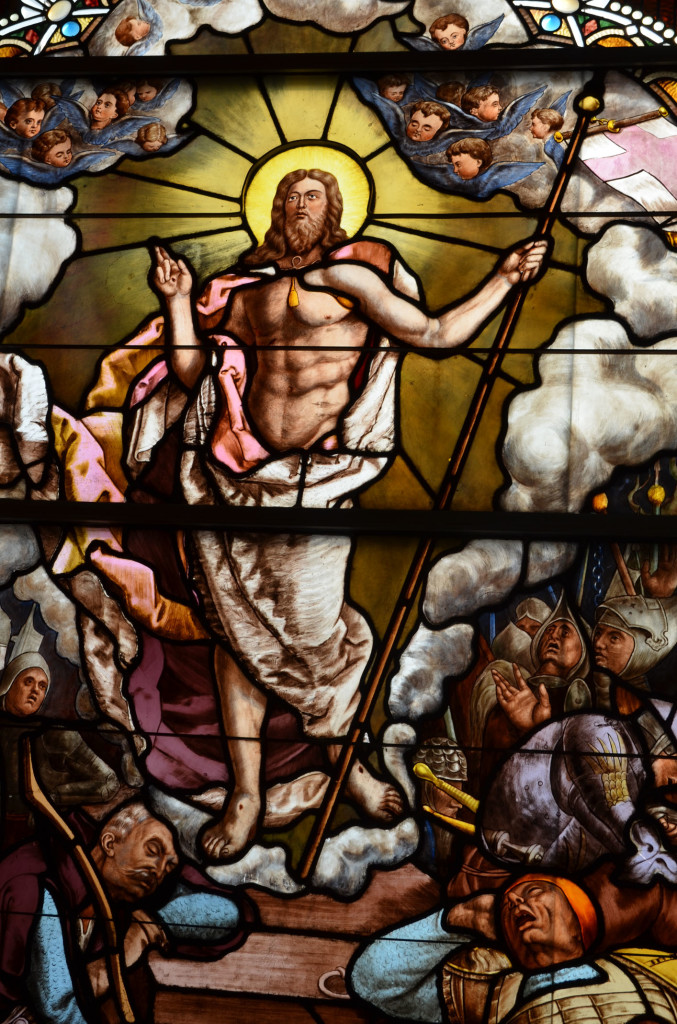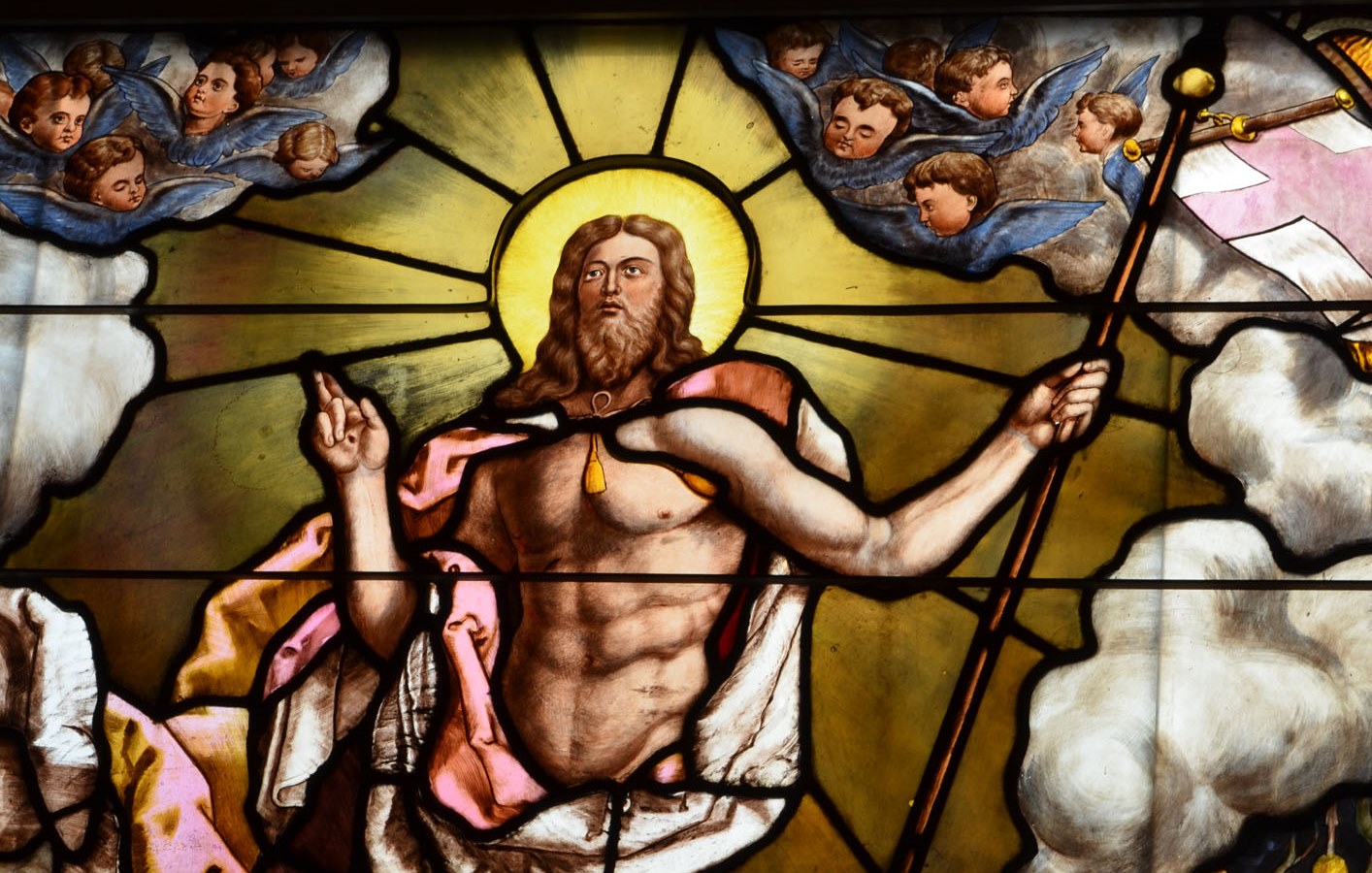Beyond the buff Jesus: Denominational infidelity

I spent my Sunday like many hip college students: I lay on my bed and read “Girl Meets God,” a memoir by Lauren Winner. While I cannot say that I even liked “Girl Meets God” much, it did make me feel envious of the Episcopalians in my life.
Worship in the Episcopal Church is done using the liturgy found in the “Book of Common Prayer,” a book full of beautiful prayers and services. While reading “Girl Meets God,” I found myself longing for the rote prayers that my Episcopalian friends have. I want prayers that are a part of me, that are there when I feel too broken for words to form.
The Presbyterian Church does not teach children prayers other than the Lord’s Prayer. We much prefer to make up our prayers on the fly as the Holy Spirit leads us. I love that about the PCUSA, but it does not make me less envious of the Episcopalians. I have found myself looking for ways to fill that desire and, right now, that means that I have four books about praying the psalms on my desk. The psalms are not the prayers of the Episcopalians, but maybe they will be the prayers that I can remember on the days that forming the words is difficult.
While reading for one of my classes this week, I came across the phrase “denominational infidelity,” used to describe those who are being unfaithful to whichever denomination they are a part of. I laughed the first time that I read it, but I think that I am beginning to see what the author was talking about. Denominational infidelity is not necessarily a bad thing, but rather an opportunity to learn from one another’s traditions.
Interfaith dialogue is important, but so is intra-faith dialogue, dialogue between groups within Christianity.
Imagine the things we could learn from one another if we stepped away from our fear of denominational infidelity and the taking away of our membership cards, and instead looked at both the differences in our denominations and the similarities.
I am not sure how many groups on campus engage in intra-faith dialogue, but it is both an engaging and educational adventure to be a part of. The traditions you learn about, the prayers you hear and the perspectives that come from different denominations are fascinating, and sometimes even lead to new practices for your life.

